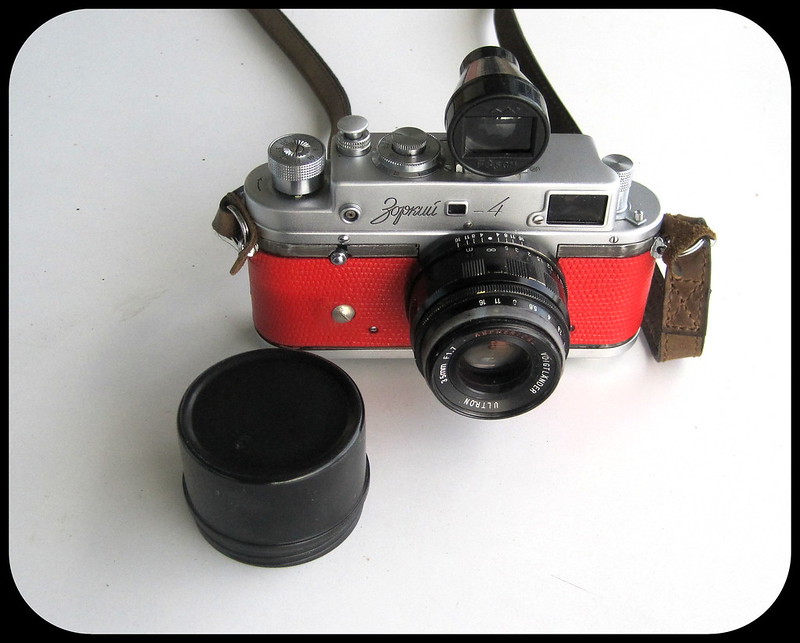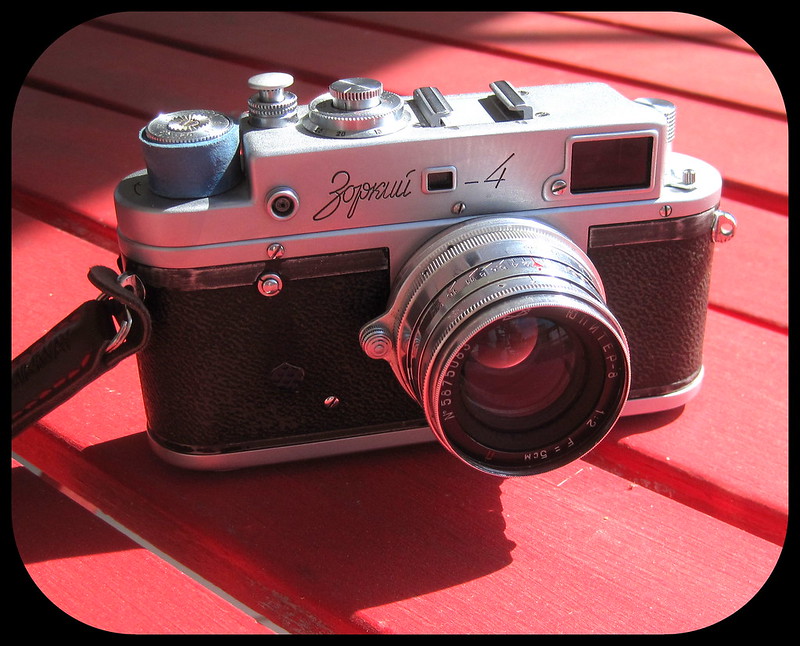seany65
Well-known
In case I haven't posted this previously, I am in the middle of getting various bits needed to be able to use my Gevaert gevabox 6x9 version, (the actual box camera version), made from 1951 to 1955(?), but I don't know which year it's from.






